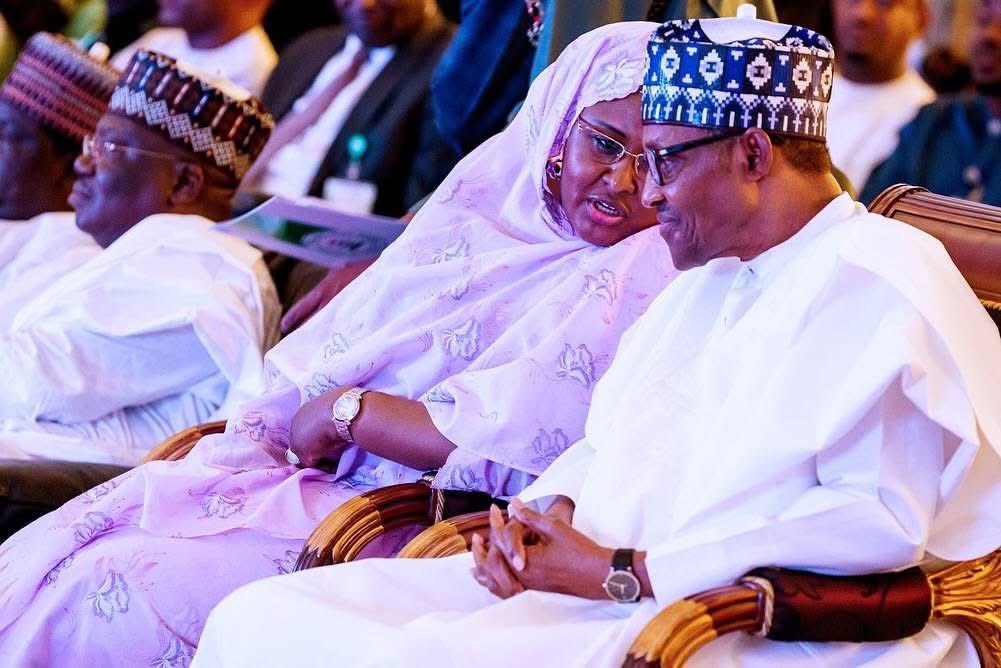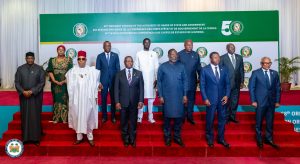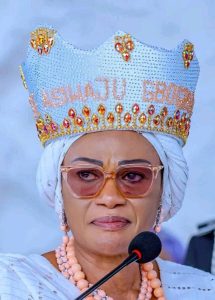21 July 2025
Farooq Kperogi, a Nigerian-American academic and columnist based in the United States, has publicly apologised to former First Lady Aisha Buhari for a Facebook post that alleged she had divorced her late husband, former President Muhammadu Buhari, prior to his death on 13 July 2025. The post, published on 16 July and titled “Aisha Buhari, Divorce, and Forgiveness Claim,” sparked widespread controversy and emotional distress, prompting Kperogi to express profound regret in a detailed statement.
In his apology, shared on Facebook and widely circulated online, Kperogi described the incident as “one of the worst and cruellest lapses of judgement I have ever committed in my life,” admitting it had caused him “unfathomable personal anguish” over the subsequent days. He explained that although his source—whom he described as having “unimpeachable” integrity—insisted the information was accurate, it was never intended for public disclosure. “Going public with the information was an error on my part, as not every well-sourced information is for public consumption,” he wrote.
The original post claimed that Mrs Buhari had separated from the late president and that he had sought her forgiveness before passing away, a revelation that quickly gained traction and drew criticism for its timing during a period of national mourning. Kperogi noted that Alhaji Sani Zorro, a former senior special assistant to the First Lady on public affairs and someone he holds “in the highest esteem,” had contacted him to challenge the claims. Zorro conveyed Mrs Buhari’s position that her marriage remained intact until the end.
“I will not contest the particulars and veracity of the information with Alhaji Sani who conveyed the former First Lady’s position that her marriage was intact,” Kperogi stated, referencing the late MKO Abiola’s adage: “no one can give you a haircut in your absence.” He emphasised that Mrs Buhari holds “the ultimate authority and right to define the status of her marriage with her late husband,” and that “her truth should be respected as supreme, whatever other facts may exist.”
Kperogi further acknowledged that the accuracy of the information had become secondary to the harm caused by its publication. “The truth of this information is now far less significant than the hurt my disclosure of it has caused. I shouldn’t have shared it publicly. Period,” he said. “Doing so violated every moral and ethical principle I cherish and uphold. But it shows I am only human, an imperfect human.”
Insisting he acted without malice, ulterior motives, or external influence, Kperogi added: “I realise it might be impossible for many to believe (except those who truly know me) that I acted without malice… But I sincerely did not intend to harm Mrs Buhari or execute any personal vendetta.” He concluded with a direct apology: “To Mrs Aisha Buhari, I offer my heartfelt and unreserved apology for the needless and deeply regrettable hurt I have caused. I am truly sorry.”
The apology has elicited mixed reactions. Bashir Ahmed, a former media aide to the late President Buhari, criticised it as “cowardice dressed as contrition” and labelled the original post “reckless and ill-timed,” particularly given Mrs Buhari’s recent bereavement. Others have praised Kperogi for taking responsibility, though some question whether maintaining the claim’s accuracy undermines the retraction.
Kperogi, a professor of journalism at Kennesaw State University and a regular contributor to Nigerian media, is known for his incisive commentary on politics and society. This incident highlights the delicate balance between journalistic sourcing and ethical considerations, especially in matters of personal privacy during times of grief.
Mrs Buhari has not publicly responded to the apology at the time of writing. The former president’s death earlier this month has prompted an outpouring of tributes from across Nigeria and beyond, with focus shifting to his legacy amid ongoing national challenges.






